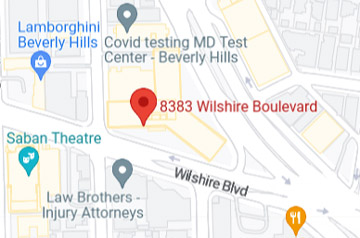
One of the most popular vehicle’s in Honda’s fleet is its CR-V sports utility vehicle. For the 2015 model year CR-V, Honda made a number of significant changes. First, Honda incorporated a continuously variable transmission (CVT) into the design. In addition, Honda equipped the CR-V with a 4-cylinder engine direct injection engine which the company named “Earth Dreams.” Part of the reasoning behind the redesign was to improve fuel economy in response to market demand and to comply with federal regulations.
The combination of the new engine and transmission has led many consumers to complain of excessive vibration and noise. One theory is that the grouping of the continuously variable transmission with the “Earth Dreams” engine led to better miles per gallon by reaching maximum horsepower at lower engine revolutions per minutes (RPMs). Engines moving at lower RPMs are not working as hard. In other words, the engine is burning less gasoline which results in better fuel economy. The problem is that when engine RPMs are set at low speeds and at idle, the vehicle tends to increase in noise and vibration. This leads many consumers to pursue claims under California’s Lemon Law.
Complaints by owners and lessees of the 2015 Honda CR-V have been rampant. Some consumers with potential lemon law claims have exclaimed that the shaking drives them crazy, describing it as a problem that they cannot live with on a daily basis. Others with potential lemon claims have said they do not feel safe in the vehicles. For its part, Honda seems to have recognized the problem. It published a technical service bulletin outlining various repair procedures based on three different scenarios.
Under one scenario, Honda will install new radiator cushions, a new transmission mount and new front head restraints. Under another scenario, Honda will install a tailgate damper kit and reprogram the powertrain control module with updated software. Finally, the last scenario only calls for a reprogramming of the powertrain control module. The updated software more than likely increases the engine RPMs at low speeds and at idle which will more than likely have a negative impact on miles per gallon. The complete efficacy of the Honda’s suggested repair remains to be seen as some consumers continue to complain about the vibration.
Many consumers have filed claims under the California Lemon Law related to the vibration.








